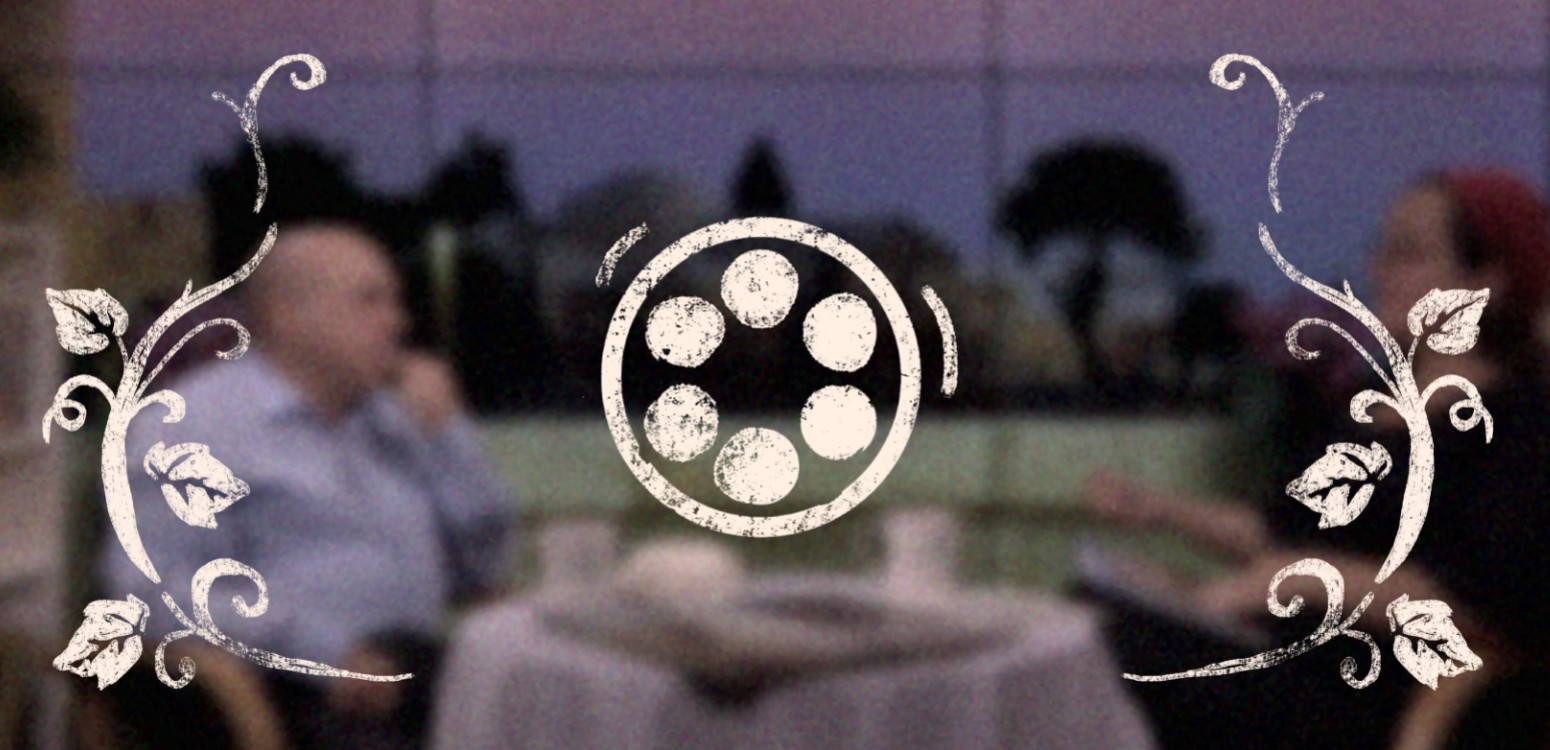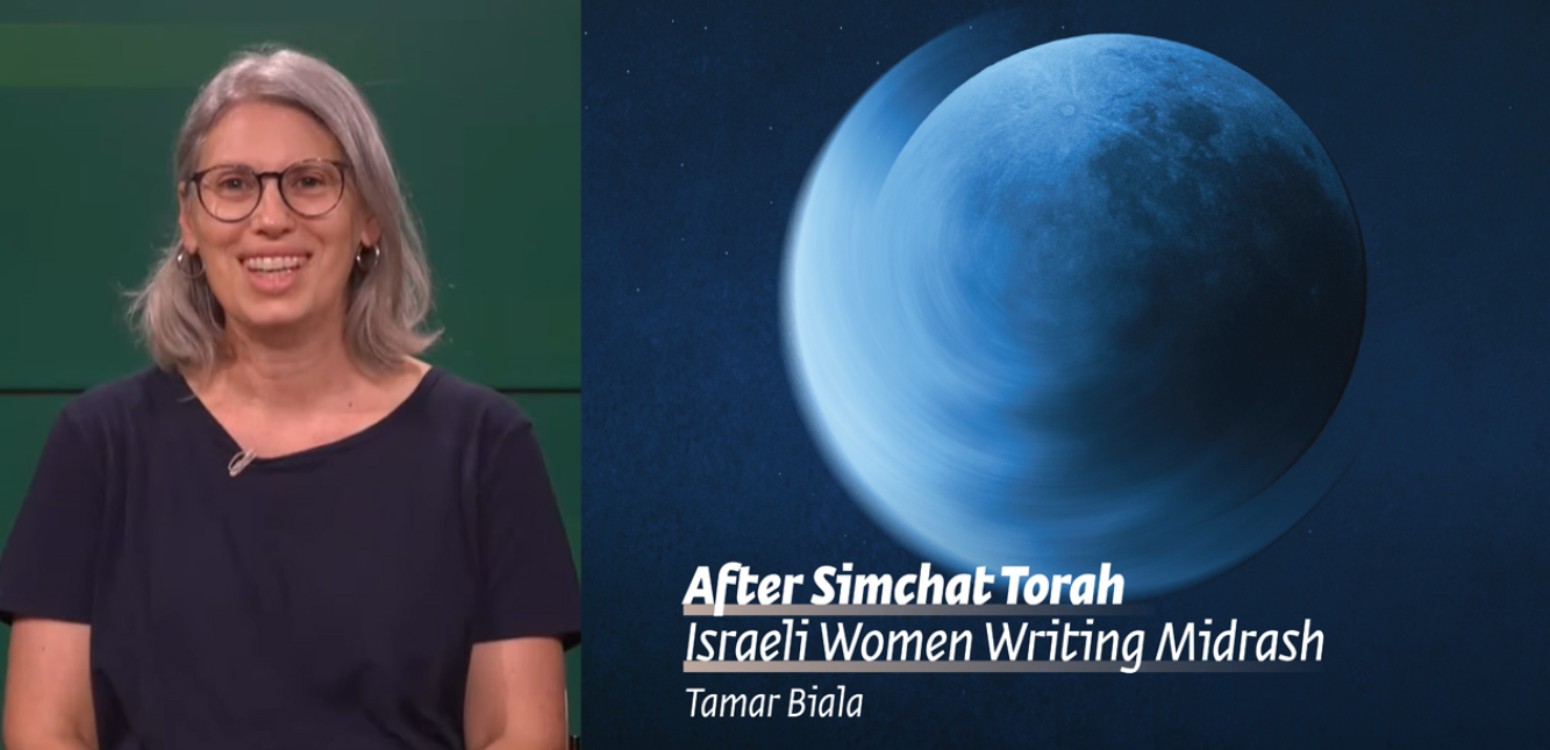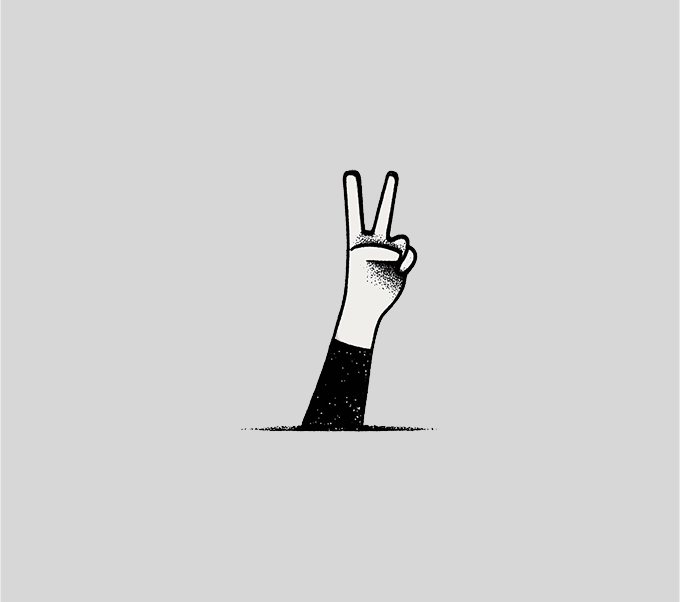
Following in the footsteps of poet Yehuda Amichai, I would suggest adding two more commandments to the original Ten: “Treat every person as a human being regardless of who they are and what they are,” and “Treat every person according to who they are and what they are.”
Not “He who created you,” and not even “God of Abraham, Isaac, and Jacob” – in the first commandment, God defines Himself in a very specific way: “I am the Lord your God who brought you out of the land of Egypt, the house of bondage: You shall have no other gods beside Me” (Deuteronomy 5:6). That is to say, I am the God of freedom. My role is to liberate you. If in the end you let someone or something else rule over you – then the entire magnificent enterprise of Jewish culture will fail.
“You shall not make for yourself a sculptured image, any likeness of what is in the heavens above, or on the earth below, or in the waters below the earth. You shall not bow down to them or serve them. For I the Lord your God am an impassioned God, visiting the guilt of the parents upon the children, upon the third and upon the fourth generations of those who reject Me, but showing kindness to the thousandth generation of those who love Me and keep My commandments.” (verses 7-9) – Following the prohibition against material worship, God describes Himself as someone who takes revenge on children and grandchildren even when they bear no guilt. Later on in the Tanakh, the prophet Ezekiel will clarify that this is not so and that only “the person who sins shall die” (Ezekiel 18:3). What does this harsh phrasing mean then? Essentially, this is a warning against the natural human tendency to transform matter into spirit. Worshipping material things is addictive; it takes root rapidly and, once it does, lasts for generations.
“You shall not swear falsely by the name of the Lord your God; for the Lord will not clear one who swears falsely by God’s name.” (verse 10) – Do not try to turn the Torah into a tool to serve your own agenda; do not invoke God in order to fulfill your political desires or your selfish interests. Many tend to see this prohibition as applying to the uttering of the letters that make up the name of the Lord, but this commandment goes deeper: speak in your own name, not in God’s name.
“Observe the sabbath day and keep it holy, as the Lord your God has commanded you. Six days you shall labor and do all your work, but the seventh day is a sabbath of the Lord your God; you shall not do any work – you, your son or your daughter, your male or female slave, your ox or your ass, or any of your cattle, or the stranger in your settlements, so that your male and female slave may rest as you do. Remember that you were a slave in the land of Egypt and the Lord your God freed you from there with a mighty hand and an outstretched arm; therefore the Lord your God has commanded you to observe the sabbath day.” (verses 11-14) – One who was once a slave must know not to enslave himself or others. It is through creating a shared day of rest for everyone that the difference between a slave and a worker is marked. It guarantees that there could be no complete subjugation of one person to another. The Sabbath is actually the bedrock of equality: a day “so that your male and female slave may rest as you do.”
“Honor your father and your mother, as the Lord your God has commanded you, that you may long endure, and that you may fare well, in the land that the Lord your God is assigning to you.” (verse 15) – The Torah does not command us to love our parents, but it demands that we honor them. Our relationships with our parents are almost always complex, and within this complexity we are required to show deep gratitude and genuine care for those who brought us into the world. And why is it said specifically here “that you may long endure” and not elsewhere? I once heard my father-in-law Jacob Sadé say the following: “Everyone thinks this means that your days will be prolonged into the future, forward, but it actually means that they will be lengthened backward. If you honor your parents, it’s as if you extend your life into their lives. You take part in the generation that came before.”
“You shall not murder.” – Taking life is not a matter for any person’s judgement. Except for clear self-defense, it is absolutely forbidden to kill. No person has the right to determine who is worthy of life and who is not. Period.
“You shall not commit adultery.” – Rashi explains that this refers to a married woman, but I’d like to take this beyond the formal definition. Underlying all laws governing consensual relations is the principle that a woman who truly sees herself as married has no desire for sexual contact with another person. Perhaps it is better to say not consensual but willing, as this is the commandment that prohibits sexual assault of any kind.
“You shall not steal.” – Simply put. And there are no excuses, whether for a good reason or any other purpose. You are not Robin Hood.
“You shall not bear false witness against your neighbor.” (verse 16) – The judicial system is supposed to protect the individual and society. Using it for the purpose of wronging another is both incredibly wicked and dangerous to the stability of the entire society.
“You shall not covet your neighbor’s wife. Likewise, none of you shall crave your neighbor’s house, or field, or male or female slave, or ox, or ass, or anything that is your neighbor’s.” (verse 17) – Do not corrupt your soul with endless comparison to what others have and what they have achieved. Be generous with them, and be happy with your share.
In his poem "My Parents' Lodging Place," Yehuda Amichai says that his father wanted to add two more commandments to the original Ten: "Thou salt not change" and "Thou shalt change."
I will dare to follow in Amichai’s footsteps and suggest adding “Treat every person as a human being regardless of who they are and what they are,” and “Treat every person according to who they are and what they are.” What two commandments would you add?
Lior Tal Sadeh is an educator, writer, and author of “What Is Above, What Is Below” (Carmel, 2022). He hosts the daily “Source of Inspiration” podcast, produced by Beit Avi Chai.
For more insights into Parashat Vaetchanan, listen to “Source of Inspiration”
Inspiration”Translation of most Hebrew texts sourced from Sefaria.org
Main Poto: Moses and Aaron with the Tablets of the Law\ Wikipedia
Also at Beit Avi Chai





















